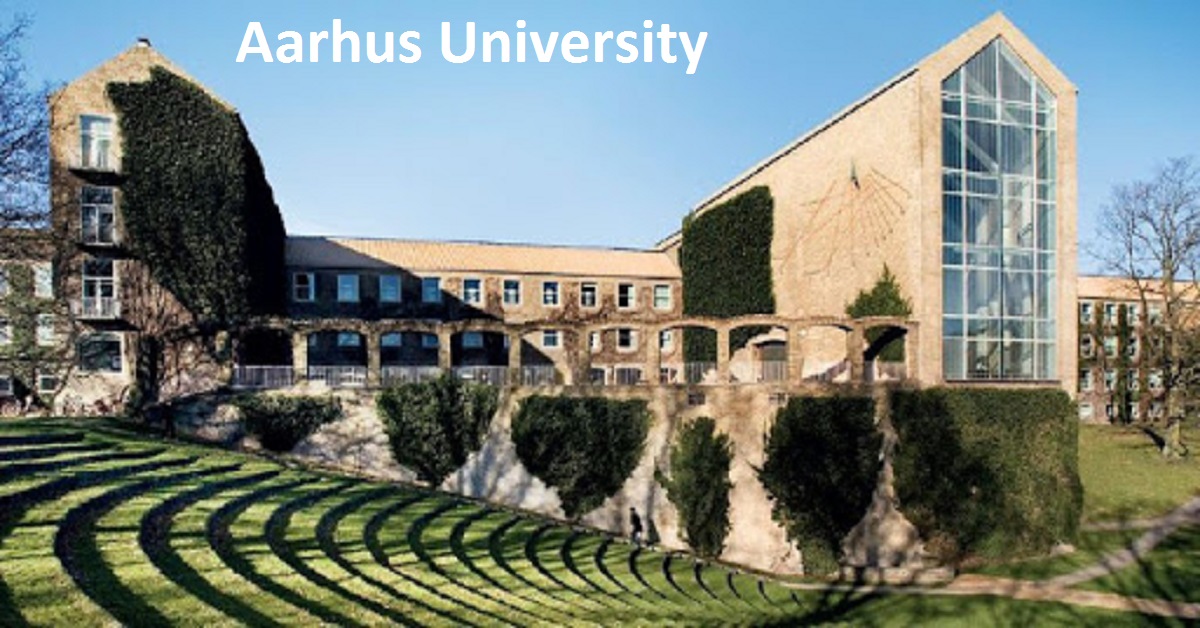
Applications are invited for a PhD fellowship/scholarship at Graduate School of Natural Sciences, Aarhus University, Denmark, within the Chemistry programme. The position is available from August 2022 or later.
When a material enters the superconducting state, it conducts electricity with zero resistance. This happens below a critical temperature Tc. Superconductivity stands central to the implementation of renewable energy technology in the 21st century. Besides energy transport, it is important to energy conversion, e.g. modern wind turbines employ superconducting components to generate much-improved efficiencies.
Yet more than 100 years after its discovery by Kamerlingh Onnes, superconductivity has remained an elusive phenomenon. As it is, we make a divide between conventional, and unconventional superconductors – we have a theory of physics to describe the first class, but not the second. A general theory to describe all superconductors is absent, but a factor that unites superconductors with high Tc’s regards strong chemical bonds (and their distinctive presence). High-Tc SCs do not look like ordinary metals, like Hg or Al. A second observation that one can make regards the interactions at play. The attractive and weak forces that propel electrons through the lattice without friction are known in theoretical chemistry.
As PhD student, you will investigate the hypothesis that superconductivity can be described through the concept of chemical bonding. You will move between theories of chemistry and physics, and you will try to bridge them. The ultimate goal is a theoretical framework from which new materials can be designed.
The project will focus on several subjects, including high-pressure superconductors, porous superconductors, unconventional superconductors and more generally, the associated bonding motifs.
As theoretician, you will become an expert in group theory and high-level electronic structure calculations, and perform the latter on one or multiple, state-of-the-art supercomputers. At the same time, you will collaborate with experimental research groups, both at AU and outside. During the course of your PhD, you will, in such, become proficient in connecting theory with experiment productively.
For technical reasons, you must upload a project description. When – as here – you apply for a specific project, please simply copy the project description above, and upload it as a PDF in the application. If you wish to, you can indicate an URL where further information can be found. Please note that we reserve the right to remove scientific papers, large reports, theses and the like.
Qualifications and specific competences:
Applicants to the PhD position must have relevant Master’s degree, or obtain one within the next six months, in Chemistry, Chemical Engineering, Nanoscience, Physics, Electrical Engineering or a related field. The candidate should have a strong interest in theoretical sciences and analysis. A background in scripting/coding is valued. The candidate should be able to communicate in English properly.
Place of employment and place of work:
The place of employment is Aarhus University, and the place of work is Department of Chemistry, Langelandsgade 140, DK-8000 Aarhus C., Denmark.
Contacts:
Applicants seeking further information for this project are invited to contact:
Assistant Professor Maarten Goesten, e-mail: maarten.goesten@chem.au.dk
How to apply:
For information about application requirements and mandatory attachments, please see the Application guide. Please read the Application guide thoroughly before applying and note the GSNS language skills requirement.
When ready to apply, go to https://phd.nat.au.dk/for-applicants/apply-here/ (Note, the online application system opens 1 March 2022)
- Choose May 2022 Call with deadline 1 May 2022 at 23:59 CEST.
- You will be directed to the call and must choose the programme “Chemistry”.
- When filling in information about the project, please choose: “Chemical Design of Superconductors (ChDeSu)” in the dropdown menu in the box named “Study”.
Please note:
- The programme committee may request further information or invite the applicant to attend an interview.
- The project will only be initiated if final funding (from the graduate school/the faculty) is secured.
Aarhus University’s ambition is to be an attractive and inspiring workplace for all and to foster a culture in which each individual has opportunities to thrive, achieve and develop. We view equality and diversity as assets, and we welcome all applicants. All interested candidates are encouraged to apply, regardless of their personal background.




